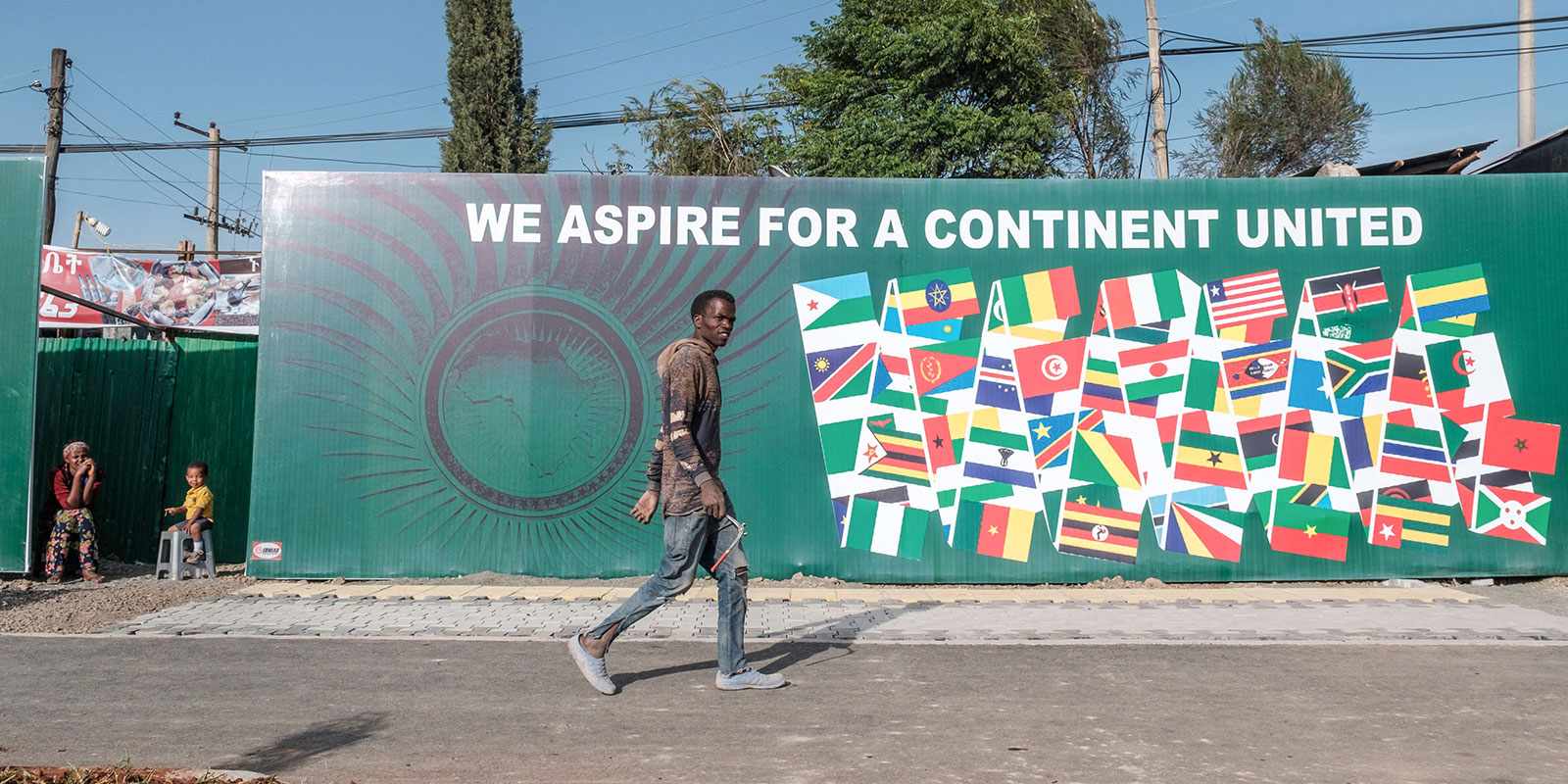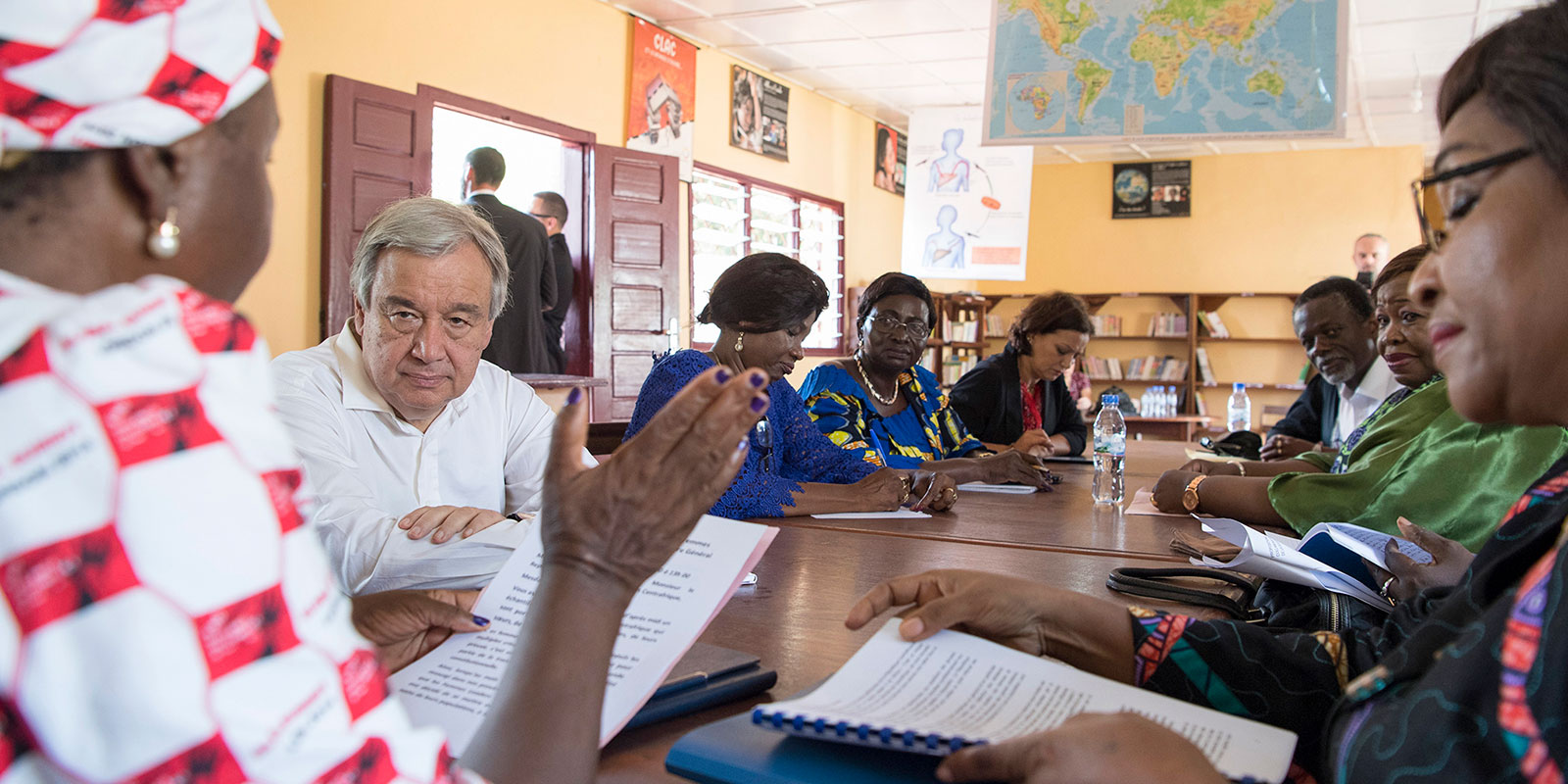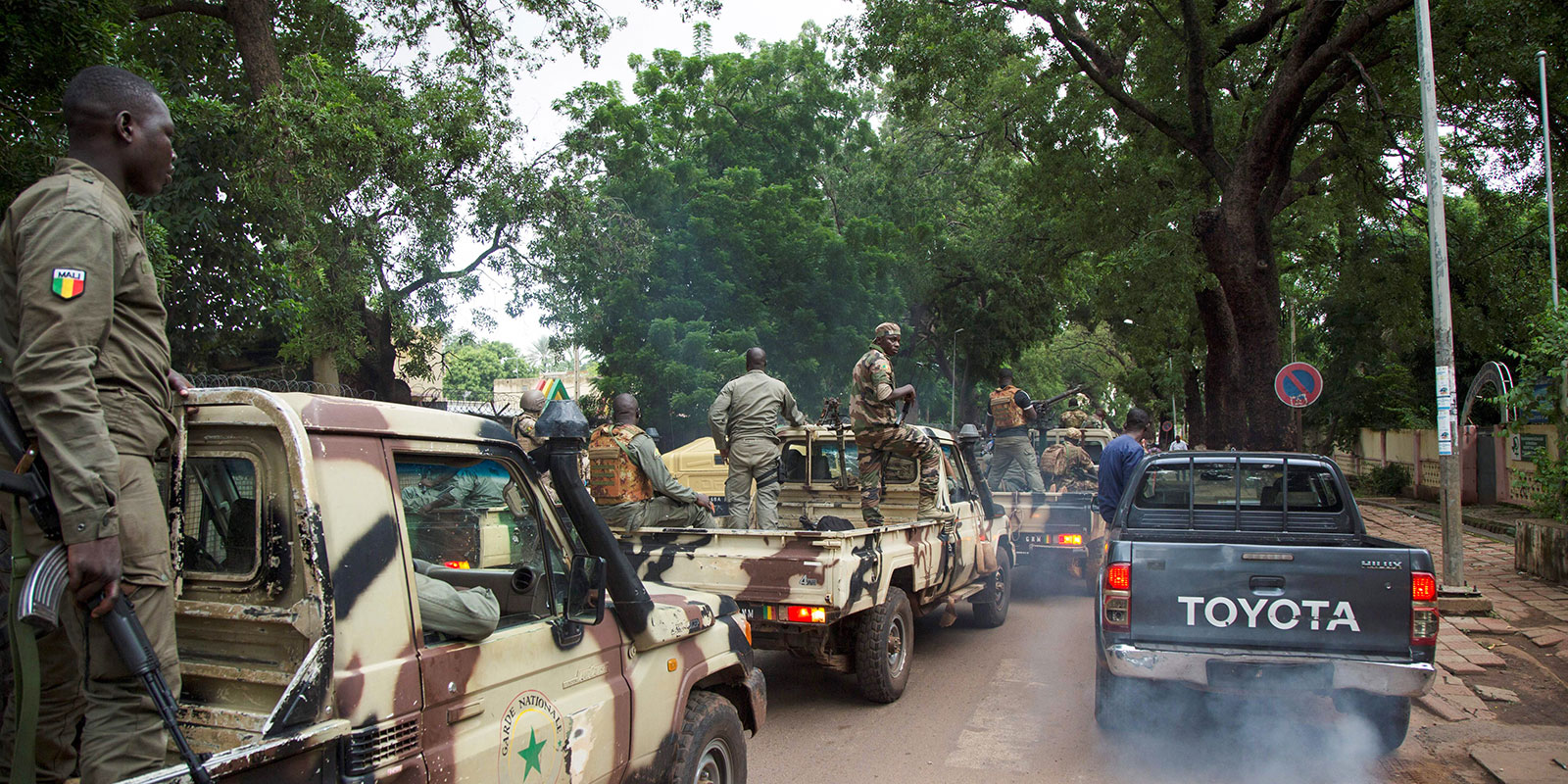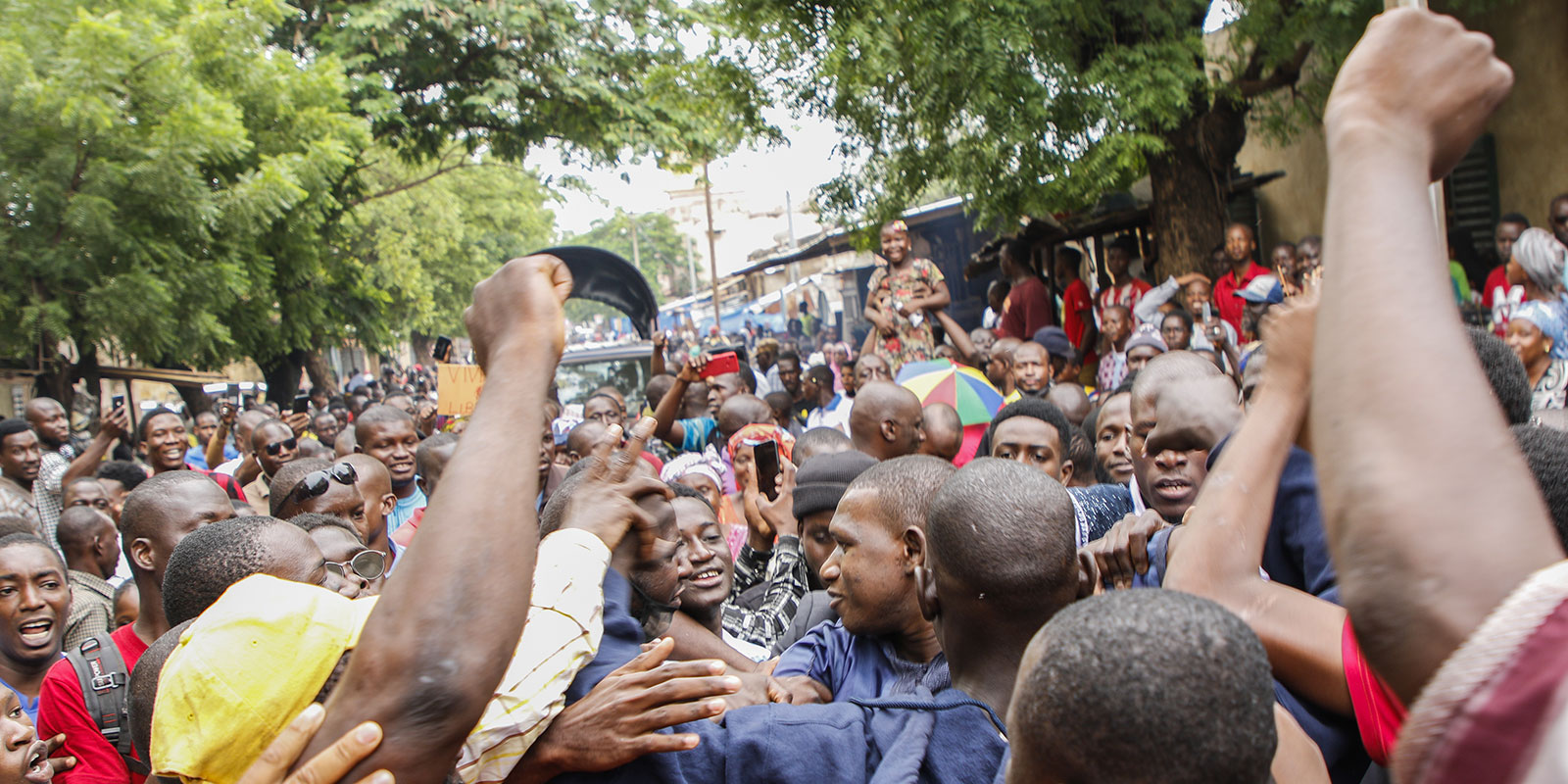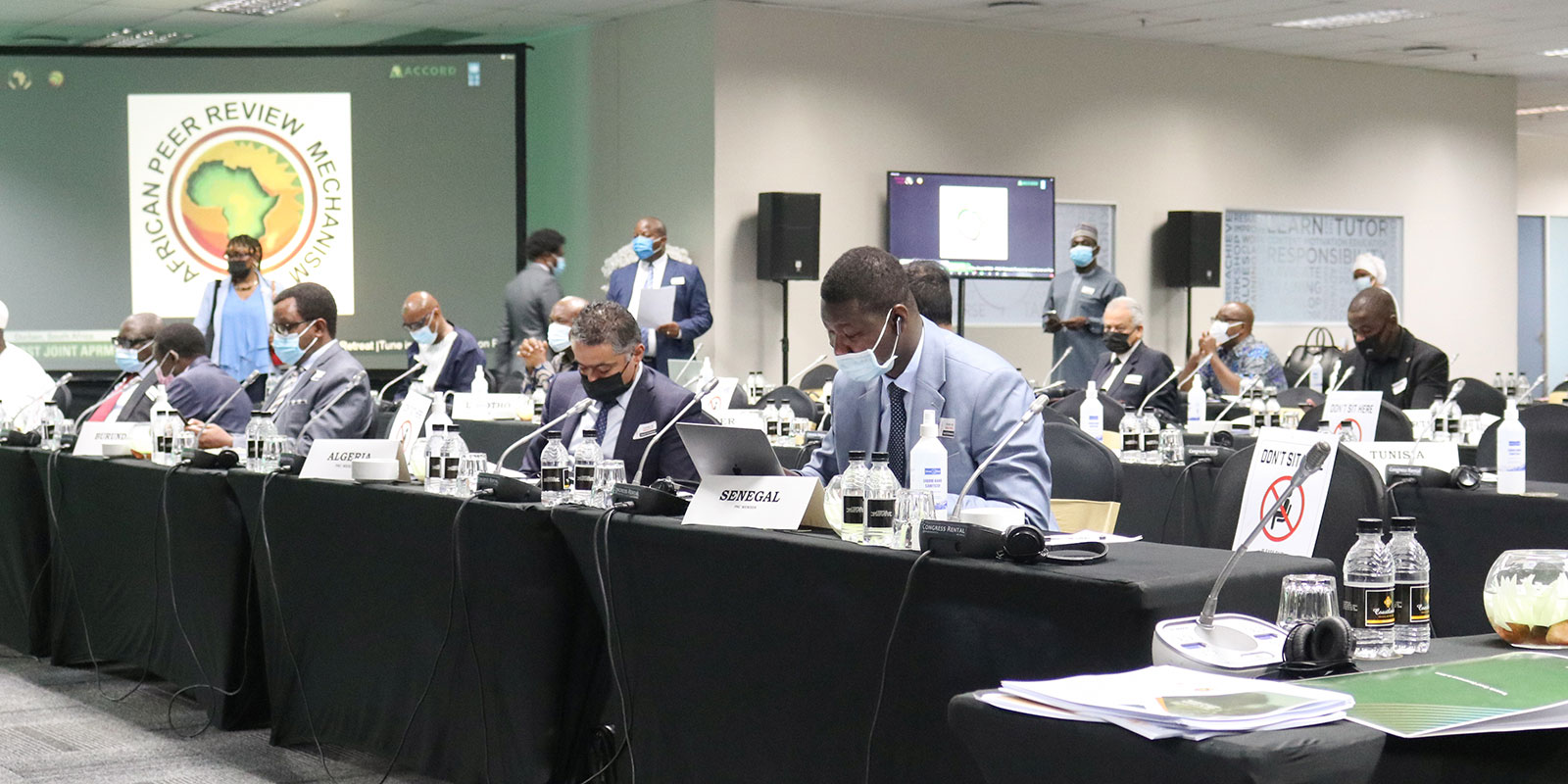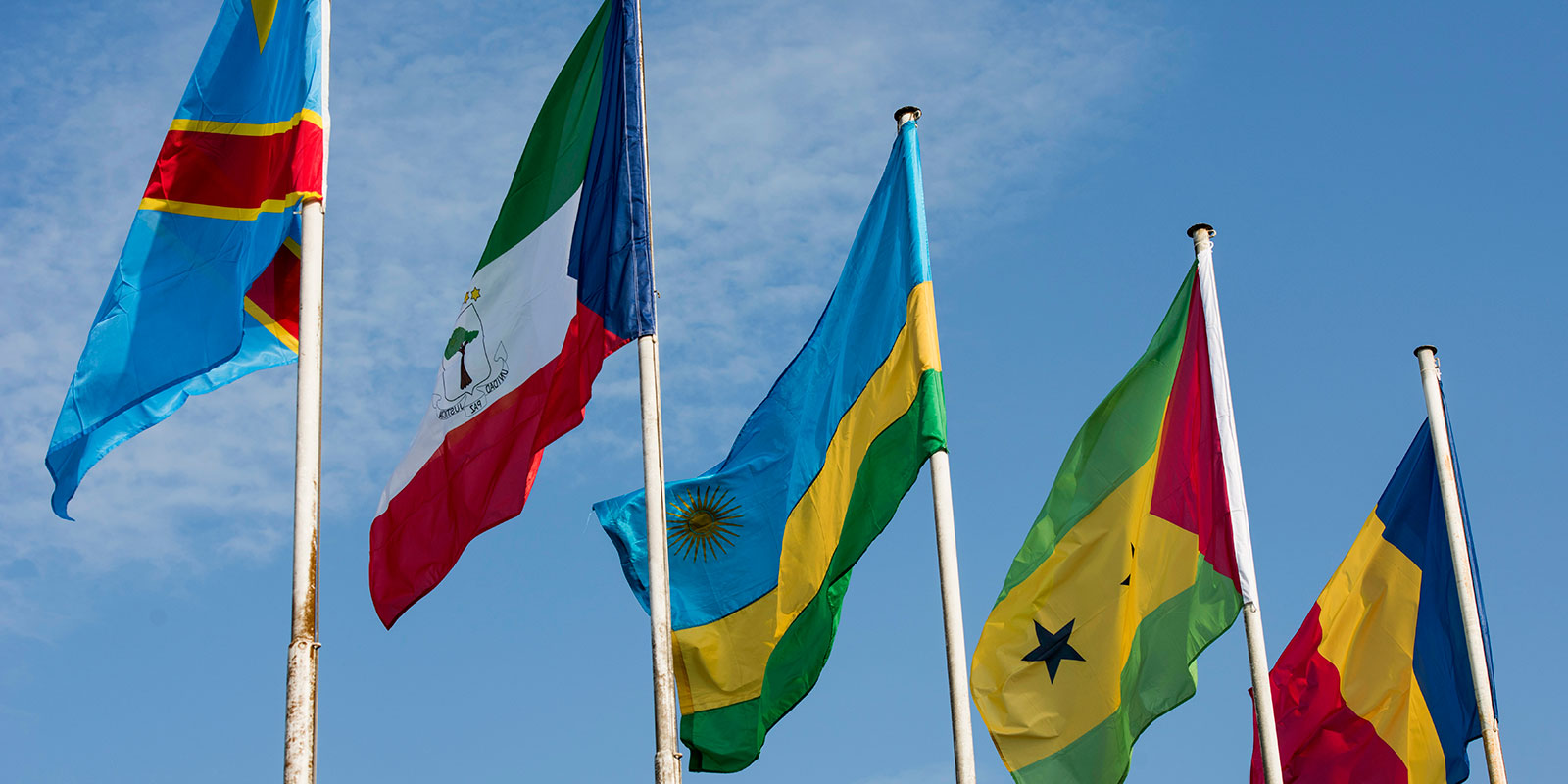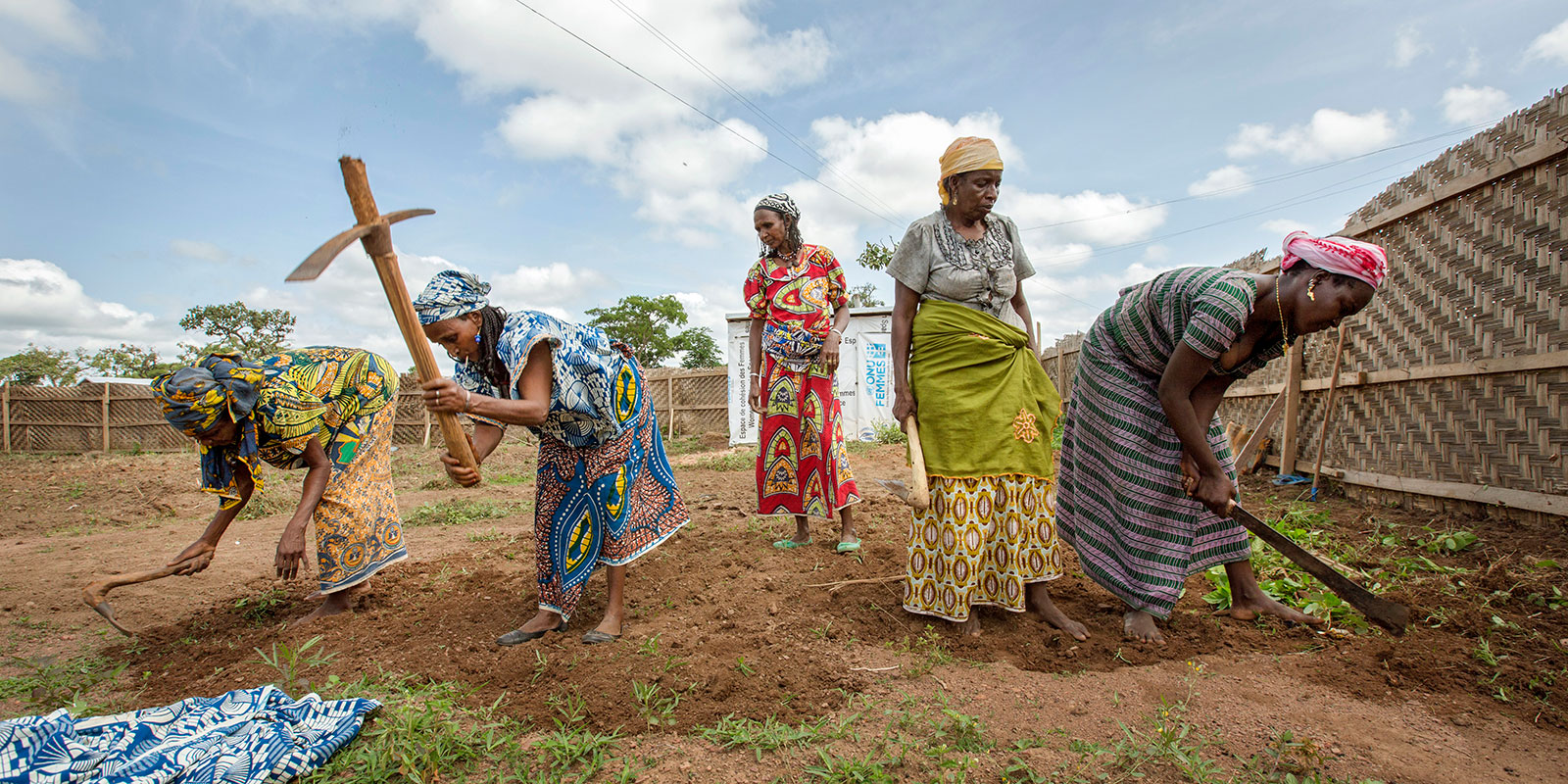This week we celebrate Africa Day, which is our annual commemoration of the foundation of the Organisation of African Unity (OAU) on 25 May 1963. Although the OAU transformed into the African Union (AU) in 2002, the establishment of the OAU on this day is symbolic of both the idea of pan-African unity as well as the political vision and agency to achieve it.
In this edition of the Monitor we celebrate Africa Day with a number of reflections from African thought leaders covering both contemporary crises like the recent uptick in military coups as well as more enduring challenges like climate change. We start with a reflection on the special relationship between the United Nations and Africa, with a contribution from Cristina Duarte, the UN’s Special Advisor for Africa.
We have two articles that address the challenges posed by the recent increase in military coups and other forms of contested transitions that challenge the AU’s norm on unconstitutional changes of government, the first by Dr. Solomon Dersso of Amani Africa and the second by Dr. Jide Okeke of UNDP Africa and Jessica Banfield. This is also one of the topics of the extraordinary summit of the AU that is taking place in Malabo, Equatorial Guinea from 25 to 28 May.
These two articles are followed by a piece by Prof Eddy Maloka, the CEO of the Africa Peer Review Mechanism (APRM), who writes about the significance of the inaugural joint APRM and Peace and Security Council meeting that took place in Durban in December 2021.
Our fifth article is by Kapinga Yvette Ngandu, the Commissioner, Gender, Human and Social Development, Economic Community of Central African States (ECCAS), who writes about the important role that regional integration plays in promoting human and social development in the Central African region.
Our last article is by Saliem Fakir and Faten Aggad of the Africa Climate Foundation. They argue that the Conference of the Parties (COP), which will be hosted by Egypt in November this year, provides us with an opportunity to make sure that the Paris Agreement is implemented in such a way that it becomes a catalyst for meeting Africa’s Agenda 2063 goals. This is so that the process of decarbonisation becomes a vehicle for achieving Africa’s economic ambitions whilst at the same time enhancing our social-ecological resilience.

